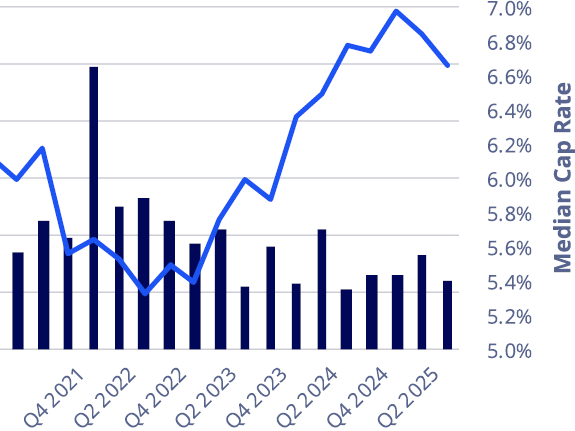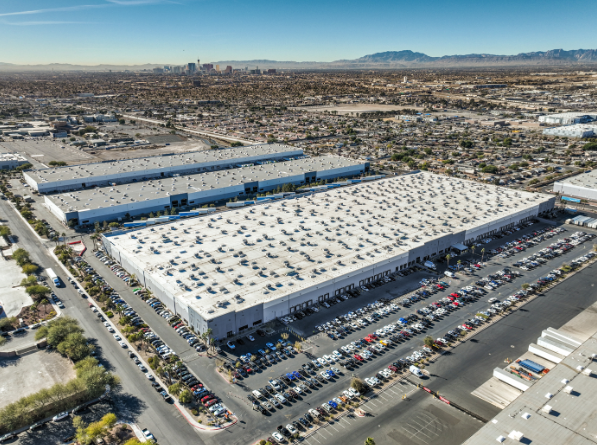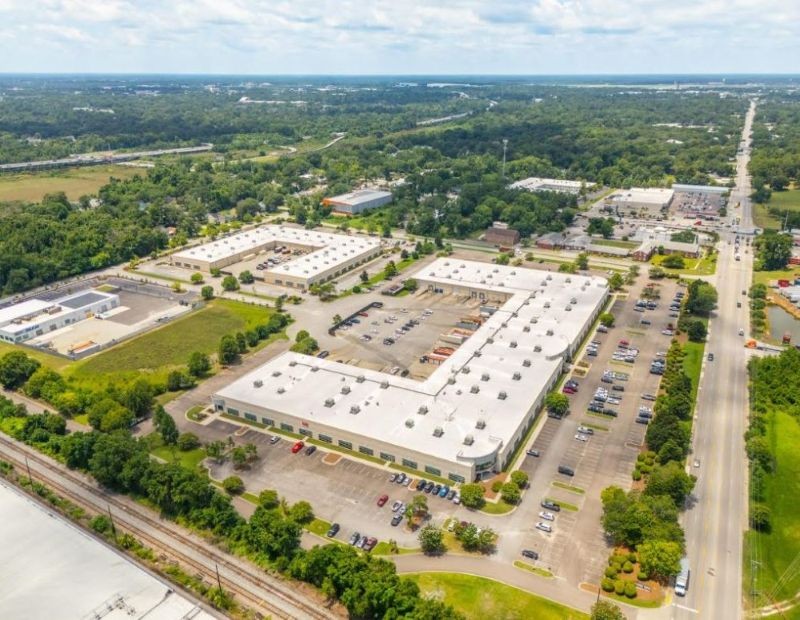CRE Gets Behind ESG
Whereas investors previously just saw some reputational benefit in ESG participation, now they’re viewing it as an absolute necessity for success.

Environmental focus used to advance in fits and starts. Real estate companies would declare a commitment, but every time there was a recession, they would refocus on more immediate economic pressures. Sustainability, with all its costs, went out the window. Tenants who insisted environmental concerns were front and center chose not to put their money where their mouth was, relieving pressure on their landlords. And then commitment was renewed and advancement resumed. The cycle continued.
Last year around this time, in the midst of COVID, I wrote about the fact that despite increased sustainability efforts, few had had much success in reducing energy use in largely empty office buildings. Good intentions were stymied by economic uncertainty and an unpredictable health situation—in short, life got in the way. The sustainability movement, however, never really ceased during the pandemic—in fact, it has expanded to become a much broader drive toward doing well by doing good: what’s popularly known as ESG, a focus on environmental, social and governance issues.
What’s fueling this much greater initiative? A variety of circumstances have coalesced to maintain the pace of advancement: Rapidly progressing climate change resulting in significant shifts in damaging weather incidents. Societal unrest erupting in the #MeToo movement and last summer’s protests of discrimination—both contributing to greater awareness of slow progress in the real estate sector. The necessity of retrofits and other efforts to address building health and safety during a pandemic.
On top of all that is a shift in investor emphasis. Whereas investors previously just saw some reputational benefit in ESG participation, now they’re viewing it as an absolute necessity for success. In fact, Abigail Dean, global head of strategic insights at Nuveen Real Estate, told our writer Gail Kalinoski that investors are “selecting one manager or fund over another because of the strength of the ESG strategy,” with ESG concerns impacting decision-making relating to $16.6 trillion in U.S. assets last year, up from $11.6 trillion in 2018, according to the Forum for Sustainable and Responsible Investment. For Nareit’s 2020 ESG survey, investors listed diversity and inclusion, climate change opportunities, and risk as concerns, with Cyndi Thomas, managing director of RCLCO Fund Advisors, also pointing to community impact as important.
The greater attention, both by choice and necessity, is contributing to a more proactive and cohesive strategy likely to produce more significant and longer-lasting results—for the building, its tenants and employees, the community and ultimately the planet. Sound dramatic? Perhaps. But there are plenty of proverbs backing the adage that small movements can ripple to big results.
How have your ESG efforts grown, and what are your plans for the next year? Email me at Suzann.Silverman@cpe-mhn.com and let me know!








You must be logged in to post a comment.